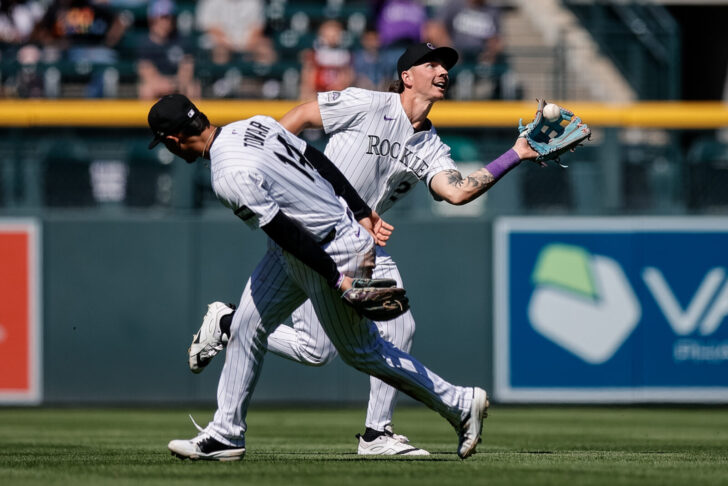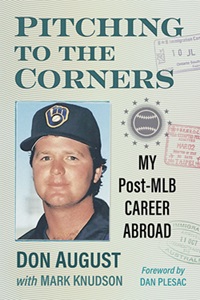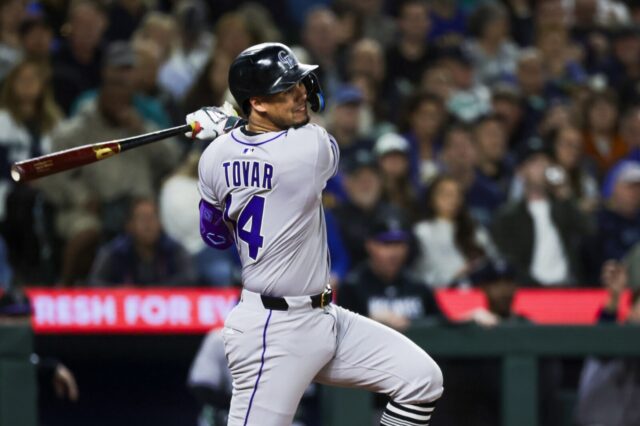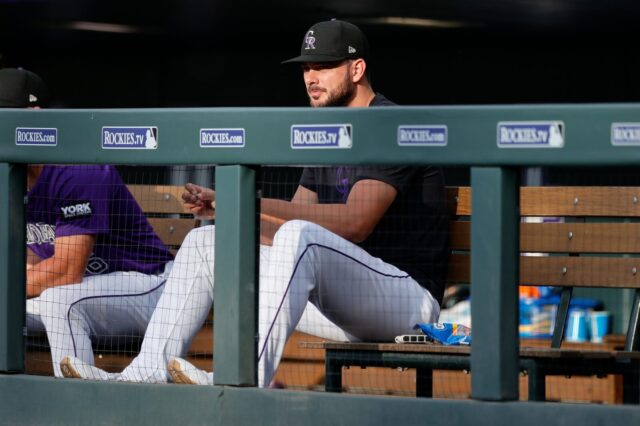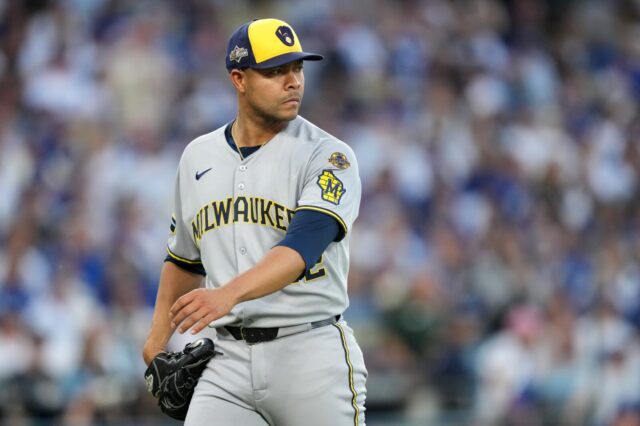Strike 3: True believers in the Colorado Rockies are sometimes caught making comparisons between the current Rockies (three straight 100-loss seasons and counting) and the lowly Houston Astros of the 2011 (106 losses), 2012 (107) and 2013 (111) seasons. Before winning a pair of World Series in 2017 and 2022, the Astros “tanked” during those three seasons – fielding a team that was better suited to be in Triple-A with no regard for the win-loss record – in order to rebuild with a brand new nucleus made up largely of home grown products like Jose Altuve, Carlos Correa, George Springer and Alex Bregman. It worked for Houston, so it could work for the Rockies too, right?
Guess we’ll see in 2029.
Here’s the rub: A decade and a half ago, the Astros had a tangible plan. Tear it down and then build it back up in a much better way. They were patient. They drafted well, developed players out of their farm system, made smart (and oftentimes under-the-radar) trades and free agent pickups. It wasn’t about business – selling tickets or drawing TV eyeballs. It was all about winning in the future.
We have no clue as to what kind of plan Colorado has. And right now, we have no idea who may be implementing any sort of plan when there is one. The one thing we do know is that nothing will stand in the way of the business side remaining successful.
For starters, back 14 years ago the Astros brass didn’t shy away from using the term “rebuilding” and they accepted the fact that attendance would suffer during those very lean seasons. With a total team payroll that was less than the Rockies are currently paying Kris Bryant to sit at home and nurse his aching back, they could afford more than a few empty seats.
That very thought is vomit-inducing to the Rockies brass.
In Houston, analytics played a big role in player evaluation and steady development, including low cost free agent acquisitions like Carlos Beltran and Josh Reddick to plug holes. Again, they had a huge amount of “payroll flexibility” because – like the Rockies – the nucleus was very young and inexpensive. However, the Rockies are not an organization that has invested much in analytics, so they can’t do as detailed an examination of potential additions in that manner in order to build their roster.
So they’re lacking there, too.
And the most impactful factors might be A) the ability – due to the low payroll – to sign a big free agent like future hall of fame pitcher Justin Verlander (and we already know that Colorado can’t/won’t build a strong pitching staff via free agency) and B) the possession of a rich farm system that not only provided standout players, but also the ability to make meaningful trades. The Rockies farm system – which has produced some impactful big league talent like Ezequiel Tovar, Brenton Doyle and Hunter Goodman the past few seasons – still remains one of the lowest rated in MLB, largely due to the dearth of top-tier pitching talent.
On top of that, the Rockies front office has historically (and currently) been loath to trade away any prospects at all. Any.
In 2015, just two seasons removed from the last of their “tanking” seasons, Houston made the playoffs. If we’re being honest here in late September of 2025, does anyone – even the most die-hard in purple pinstripes – believe that in late September of 2027 the Rockies will be contending for a spot in the postseason?
Based purely on record, sure, there’s a similarity between the tanking Astros and the scuffling Rockies. But if you examine the method behind the madness, there’s really no comparison at all.
At least not yet. Let’s see what, if anything, the impending offseason brings at 20th and Blake. You’re allowed to cross your fingers.
